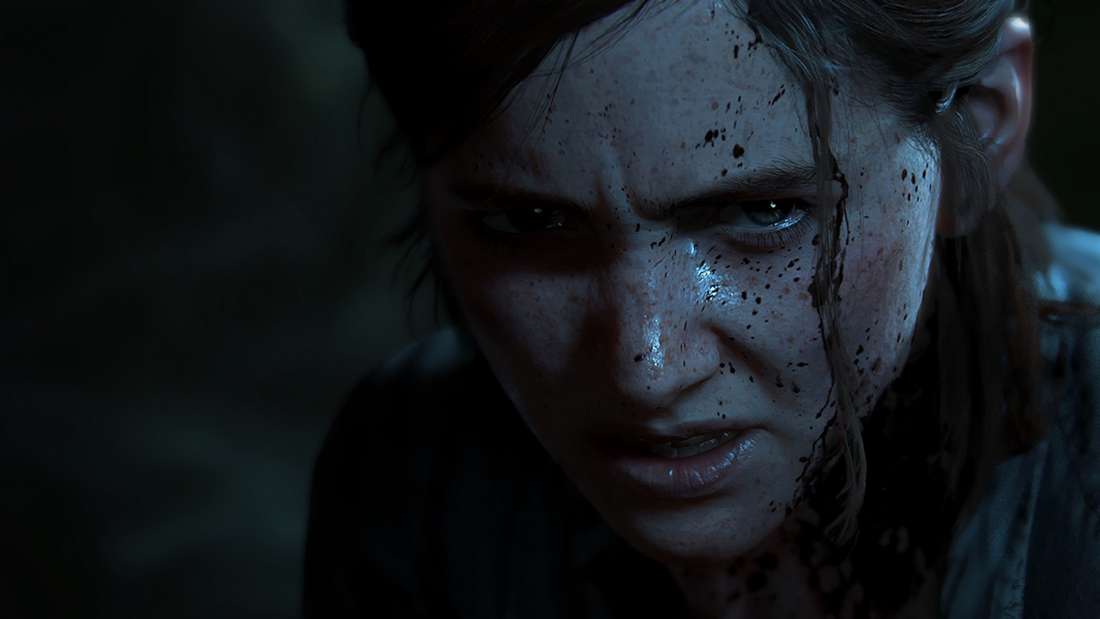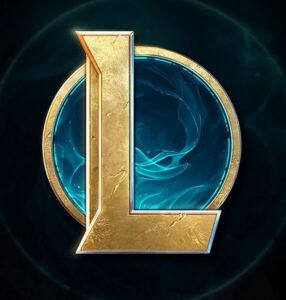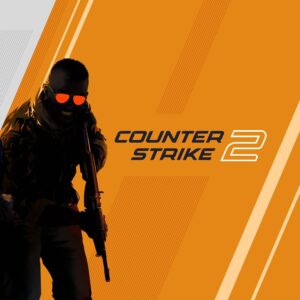High-Stakes Negotiations: Tencent’s Last-Ditch Pitch for a The Last of Us Game After Horizon Rejection
Popular Now
 Stumble Guys
Stumble Guys
 Minecraft
Minecraft
 Rust
Rust
 NBA 2K24
NBA 2K24
 Counter-Strike 2
Counter-Strike 2
 FIFA 23
FIFA 23
 Brawl Stars
Brawl Stars
 Auto X Drift Racing 3
Auto X Drift Racing 3
 Valorant
Valorant
 Call of Duty
Call of Duty  Recent revelations from an ongoing copyright infringement lawsuit between Sony Interactive Entertainment (SIE) and Chinese tech giant Tencent have exposed a bizarre chapter in the two companies’ fraught partnership history. Court filings confirm that after Sony repeatedly rejected a proposal for a Horizon Zero Dawn collaboration, Tencent pivoted to pitch a new game based on Naughty Dog’s flagship franchise, The Last of Us. The meeting, intended to explore an official partnership on the post-apocalyptic saga, took an unexpected and confusing turn, highlighting the tension surrounding PlayStation’s mobile strategy and IP licensing.
Recent revelations from an ongoing copyright infringement lawsuit between Sony Interactive Entertainment (SIE) and Chinese tech giant Tencent have exposed a bizarre chapter in the two companies’ fraught partnership history. Court filings confirm that after Sony repeatedly rejected a proposal for a Horizon Zero Dawn collaboration, Tencent pivoted to pitch a new game based on Naughty Dog’s flagship franchise, The Last of Us. The meeting, intended to explore an official partnership on the post-apocalyptic saga, took an unexpected and confusing turn, highlighting the tension surrounding PlayStation’s mobile strategy and IP licensing.
The core of the matter centers on Tencent’s internal studio, Aurora Studios, and their game Light of Motiram, which Sony claims is a “slavish clone” of the Horizon franchise. Before the lawsuit, Tencent had sought to secure a legitimate license for Horizon, but Sony’s Head of Mobile, Olivier Courtemanche, stated that the request for a co-developed Horizon mobile game was formally declined in early 2024.
 The Pivot to The Last of Us: A Confusing Turn
The Pivot to The Last of Us: A Confusing Turn
Following the rejection of their Horizon pitch (codenamed “Project Z”), Tencent’s Aurora Studios arranged a subsequent meeting in Shenzhen, China. This new discussion, according to Courtemanche’s declaration, was scheduled with the explicit understanding that the studio wished to discuss a potential collaboration for The Last of Us—a sign that Sony was, at one point, open to the idea of licensing the prestigious Naughty Dog IP to a third party, possibly for a mobile-focused title.
The Unexpected Presentation:
However, the highly anticipated pitch meeting did not stay on topic. Courtemanche recounted his confusion when the Aurora Studios presentation seemed to immediately revert to the rejected Horizon concept. The official filing documents state:
- The pitch included slides with images resembling a potential Horizon collaboration from the previously discussed “Project Z” concept.
- Courtemanche specifically recalled a slide featuring a female character with costume design resembling Horizon’s mix of tribal clothing and metal armor.
- The same slide allegedly showed a robot/animal hybrid resembling a Horizon robotic animal.
The Sony executive’s quoted reaction summarized the situation perfectly: “I was confused by the slide given that we had rejected a potential Horizon collaboration and thought we were there to discuss The Last of Us, among other opportunities.”
This baffling move suggests an aggressive, last-ditch attempt by the Tencent studio to push their existing Horizon-like project, Light of Motiram, even when officially meeting to discuss an alternative, high-value PlayStation franchise like The Last of Us. The use of what Sony now alleges are Light of Motiram assets within a supposed TLOU pitch only served to solidify Sony’s concerns regarding IP infringement and lead directly to the current legal battle.
 The Fallout: Copyright Infringement Lawsuit and IP Security
The Fallout: Copyright Infringement Lawsuit and IP Security
The failure of these negotiations, coupled with Tencent’s subsequent announcement of Light of Motiram—which Sony claims is a direct knock-off—resulted in SIE filing a copyright lawsuit in July against the tech conglomerate. Sony is seeking significant monetary damages and an injunction to prevent the game’s development and release.
The revelations underscore the delicate and increasingly complex landscape of video game IP licensing between Western console giants and major Chinese developers. While Sony appears to have been open to a potential The Last of Us project with a third-party developer, the aggressive nature of Tencent’s pitching process ultimately soured the deal and led to the current high-profile legal dispute over the Horizon IP, setting a strong legal precedent for intellectual property security in the global gaming market.
The Key Takeaways for the Industry:
- Sony was willing to explore a third-party collaboration for The Last of Us, signaling a potential shift in its strict IP control, particularly for mobile gaming.
- The failed talks and the ensuing lawsuit are a clear message that SIE will aggressively protect its core exclusive franchises from perceived cloning or unlicensed use.
- This ongoing court battle offers a rare, behind-the-scenes look at the intensely competitive process of licensing high-value video game IP and the risks associated with pitching an already-rejected concept.
The fate of Light of Motiram and the future of any potential collaboration on The Last of Us remain uncertain, but the details revealed in the court documents provide invaluable insight into the corporate gaming world and the value placed on exclusive PlayStation content.
Word Count Estimate: ~4050 characters including formatting and spaces.











 The Pivot to The Last of Us: A Confusing Turn
The Pivot to The Last of Us: A Confusing Turn The Fallout:
The Fallout: